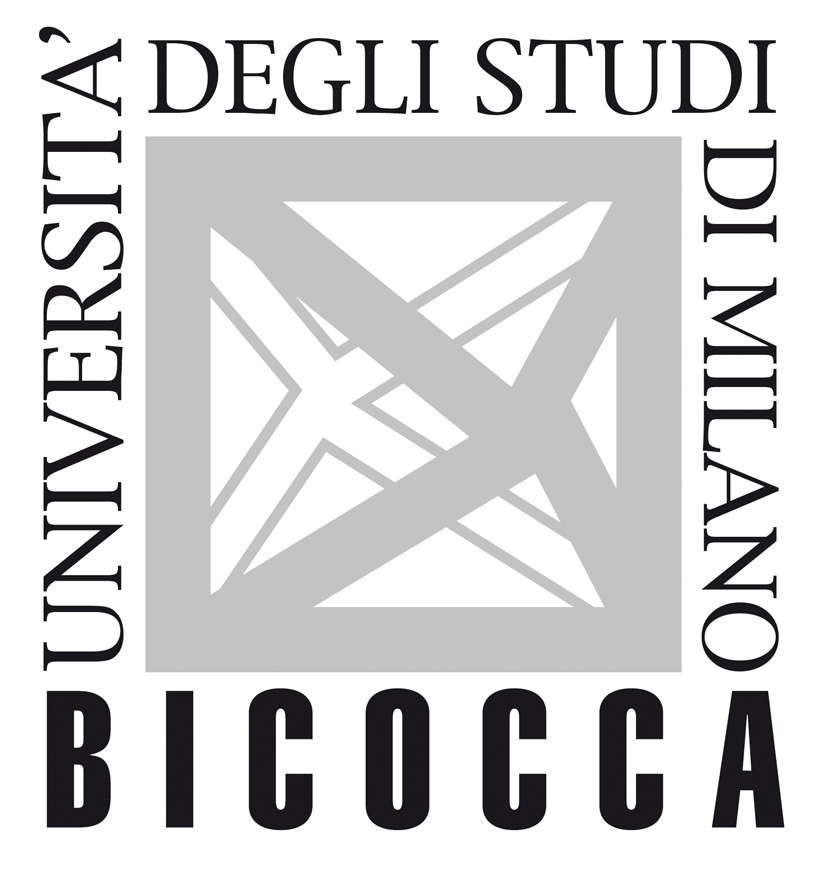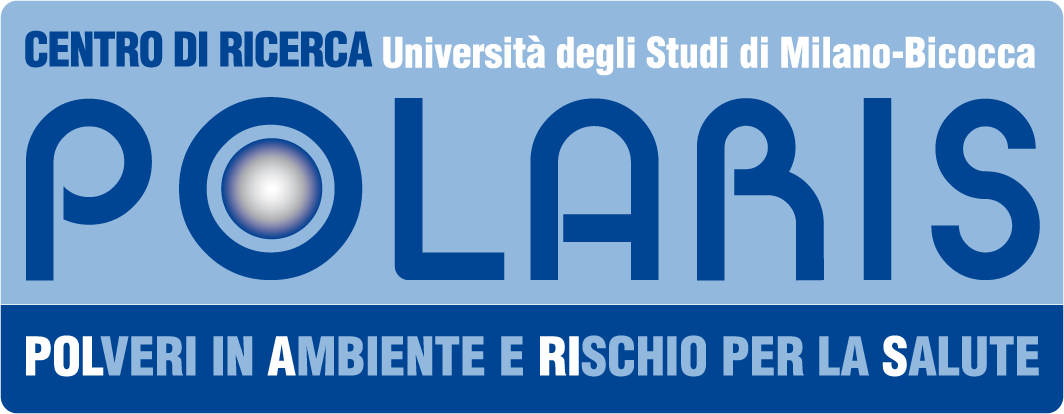The Environmental Microbiology group is a part of the Department of Earth and Environmental Sciences, and performs basic and applied research on the following topics:
1. Degradation and detoxification of environmental pollutants by bacteria in different environmental compartments. These research activities are aimed at characterizing microorganisms with degradative abilities to be used in bioremediation processes in sites contaminated by persistent pollutants. The research group developed biological technologies for the remediation of sites contaminated by both organic and inorganic compounds, with particular attention to:
• hydrocarbon degradation with unconventional electron acceptors in systems such as Microbial Fuel Cells (MFC) and Microbial Electrolysis Cells (MEC);
• biological treatment of mercury removal from contaminated water and soil;
• biological desulfurization to reuse cured rubber from used tyres.
Most of these projects are performed in collaboration with private societies and/or other research centers.
2. Microbial ecology of microbiologically-little characterized environments. These research projects are aimed at describing the spatial and temporal variability of microbial communities in different environments, and at assessing the influence of several environmental factors on their composition. Particularly, the research group is interested in:
• study of microbial communities associated to atmospheric particulate matter, and study of atmospheric dispersal of bacteria from high biological impact point sources (wastewater treatment plants, breeding farms, bioremediation societies);
• taxonomic and metabolic characterization of phyllospheric bacteria;
• description of ecological gradients and biogeographical patterns in microbial communities associated to different materials from glacial environments (glacial debris, snow).




